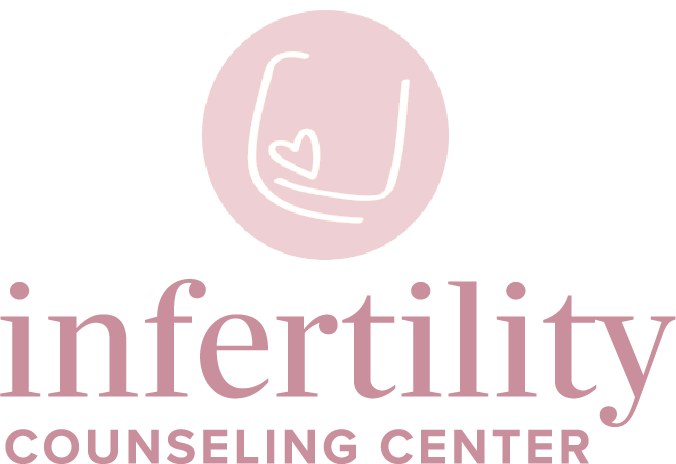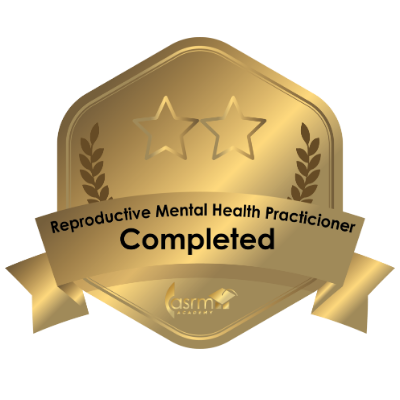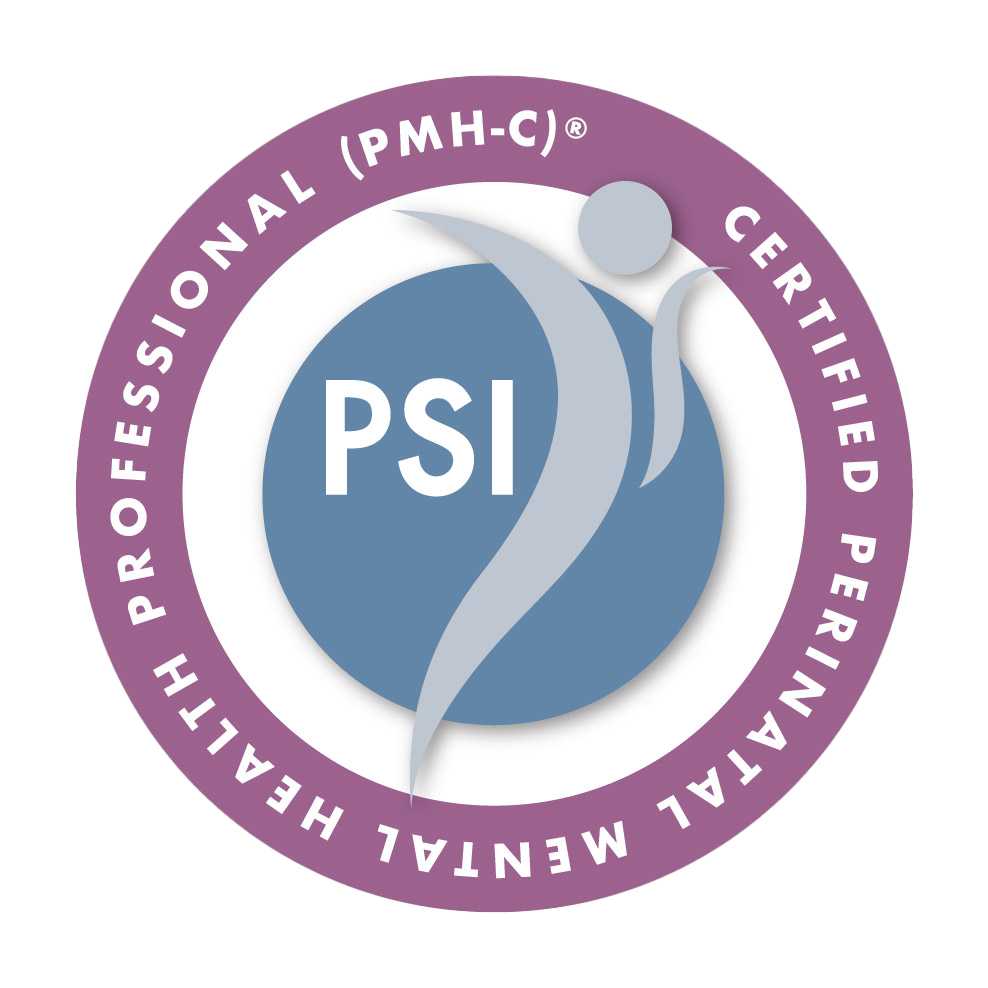Here’s a list of 8 ways to prepare yourself for IVF:
I often have clients tell me that they will never do IVF (In Vitro Fertilization). They tell me that IVF is for people who REALLY have infertility, and they refuse to believe that this describes them. But as their journey progresses, they start to realize that they’re running out of options, and IVF is the next step on their list.
Coming to this realization can cause a lot of worry and stress. IVF is a complicated process, and it requires a lot of money and a lot of time. If you have questions about the process of IVF, check out this blog post (also, check back, I’m planning to make a video about the process of IVF).
So if you’re starting to think about IVF, how do you know if you’re actually ready? IVF is hard, plain and simple, and the better prepared you are going in, the less likely it will be that you have extreme emotional difficulties. Don’t get me wrong: it will be emotionally difficult. But going in as prepared as possible might help smooth out some of those hills and valleys.
Here are 8 ways to know if you’re ready:
- You’ve emotionally processed the grief of your previous failed attempts
This isn’t an easy process. But ignoring your past failures, and the grief that this has caused, will just complicate the process. It is possible that you won’t get the results you want from your egg retrieval, or that your first round of IVF won’t work.
If you still have the emotional baggage from your previous failures, this grief will likely bring about a deluge of negative emotions. If you want to know how to grieve your previous losses and failures, check out this post.
If you’re finding it hard to function at work or in your relationships, or you feel like you need help grieving these past experiences, reach out to a mental health professional.
2. You’ve processed your diagnosis
There are a lot of reasons why people can’t get pregnant. You may have PCOS or endometriosis. It may be male factor. You might have a genetic condition that requires you to go through IVF. You may be LGBTQ+, and need the help of a doctor to build your family. It might be a combination of these. Whatever the reasons, it’s important to understand how this diagnosis is affecting you.
Some people find that they have negative feelings towards their body, because it can’t get pregnant. They find that they are blaming their spouse for his/her role in your infertility. Working through these feelings will help you heal, which will make going through IVF a lot easier.
3. You’ve researched what the actual process looks like
IVF is hard. It’s time consuming, requires a lot of money, can be very difficult on your body and relationships. It’s important to know what you’re getting into before you start.
This can be taking courses, reaching out to fertility coaches, reading blog posts, or joining facebook groups.
Know what egg retrieval is, fresh or frozen transfers, and the tests that are required before starting. Your doctor might be great at explaining all of these parts of the journey, but some doctors don’t realize how much you don’t know.
If you’re looking for a quick place to start learning, check out this post.
4. You have coping strategies in place
IVF is hard (is there a theme here?) It’s important to find coping skills that work for you before starting the process. Maybe you’ve found things that work for you, or maybe you haven’t used any coping skills before (although you likely have, you just don’t realize that’s what you’re doing!)
There are so many coping strategies out there. Here’s a quick list of a few:
- Mindful practices
- Going for a walk
- Taking a bath
- Exercising
- Learning something new
- Reading a book
- Spending time with friends
But you have to find strategies that work for you. And the only way to discover this is to try them out, see what works and what doesn’t, and refine your list to the things that actually work for you. Also, check out this post about the difference between coping strategies that help you distract (2 week wait??) and those that help you process what you’re going through.
5. You have a support network, and you’ve informed them that you’re starting IVF
This might not be your first choice. I work with a lot of clients that don’t want to tell anyone they’re starting IVF. I get the reasons – you don’t want the pressure of other people’s expectations, you are tired of disappointing people, you’re a private person. But it’s really hard to go through this process alone.
Your support network might just be 2-3 people, or it might be 10. Decide for yourself what is best. Find people that are truly supportive (if your sister-in-law guilts you every time you talk about trying to get pregnant, it’s okay to leave her off your list), and let them know that you might need some emotional support during this process.
And then reach out when things get hard! Don’t be ashamed or afraid of asking others for help, even if that help is just listening while you talk things out. Talking to people about the difficulties you’re facing is so much better for your mental health than bottling it all up inside, trust me. And here’s a list of things to say to give to your support people!
6. You are taking care of your mental and physical health
There are 2 sides to this point. It’s obviously important to take care of your physical health. It’s important to exercise and eat healthy. But I find that because there is so little control with infertility, people can become obsessive about this. That’s their way of finding control. You cannot control your way to a baby.
Louder for the people in the back. YOU CANNOT CONTROL YOUR WAY TO A BABY.
With that being said, take care of yourself. It feels good to feel healthy. It’s an important part of self-care. Choose the things that you want to do to become healthy, and try to stick to those things throughout the process.
Also, don’t forget your mental health. A lot of the points we’ve already talked about will help with this. If you need to talk to a mental health professional, now is a great time!
7. You’re prepared for the time commitment
IVF requires a lot of time. It takes time at home, with medications and working through all of the logistics. But you might be surprised at how many appointments are required. You’ll be in your doctor’s office a lot.
It might be helpful to talk to your employer to give them a heads up. If your employer is giving you a hard time about this, PLEASE reach out to your HR department. I’m amazed at how many of my clients have to quit their job or are forced out because of IVF, which is not okay! This can be considered a form of discrimination, so if you’ve been wrongfully terminated for this, consider reaching out to an attorney.
8. You’ve prepared your relationship with your partner
IVF is hard. Sorry, I said it again. It might negatively impact your relationship with your partner. Make sure that you are in a good place. Practice healthy communication. If you don’t know what this looks like, read some books (like these) or reach out to a marriage counselor.
It’s important during this process for BOTH of you to talk about how you’re feeling. Men, women feel alone in their feelings when you act like everything is okay and this doesn’t affect you at all. Women, men are hurting too and would like to have opportunities to talk about it.
It might help to start practicing having emotional conversations before you jump into IVF. I recommend having emotional check ins, where you sit down and talk about your feelings. It might feel very uncomfortable at the start, but practice will make you better, and less awkward.
This list will help you know if you’re ready to start IVF. I’m proud of all of you working hard to be emotionally ready for IVF. It’s no easy thing to do. And with all things, be kind to yourself. Don’t hold yourself to unreasonable standards.
If you need help reaching any of these goals, reach out! We’d be happy to help you become more emotionally healthy while you’re going through this journey.
Share this story
Julie Potter, LCSW is a psychotherapist based in Kansas City, MO providing individual, couple and group therapy for people struggling with infertility and family building challenges. She offers in-person sessions as well as remote sessions for people based in Missouri, Kansas, Idaho and Utah.










